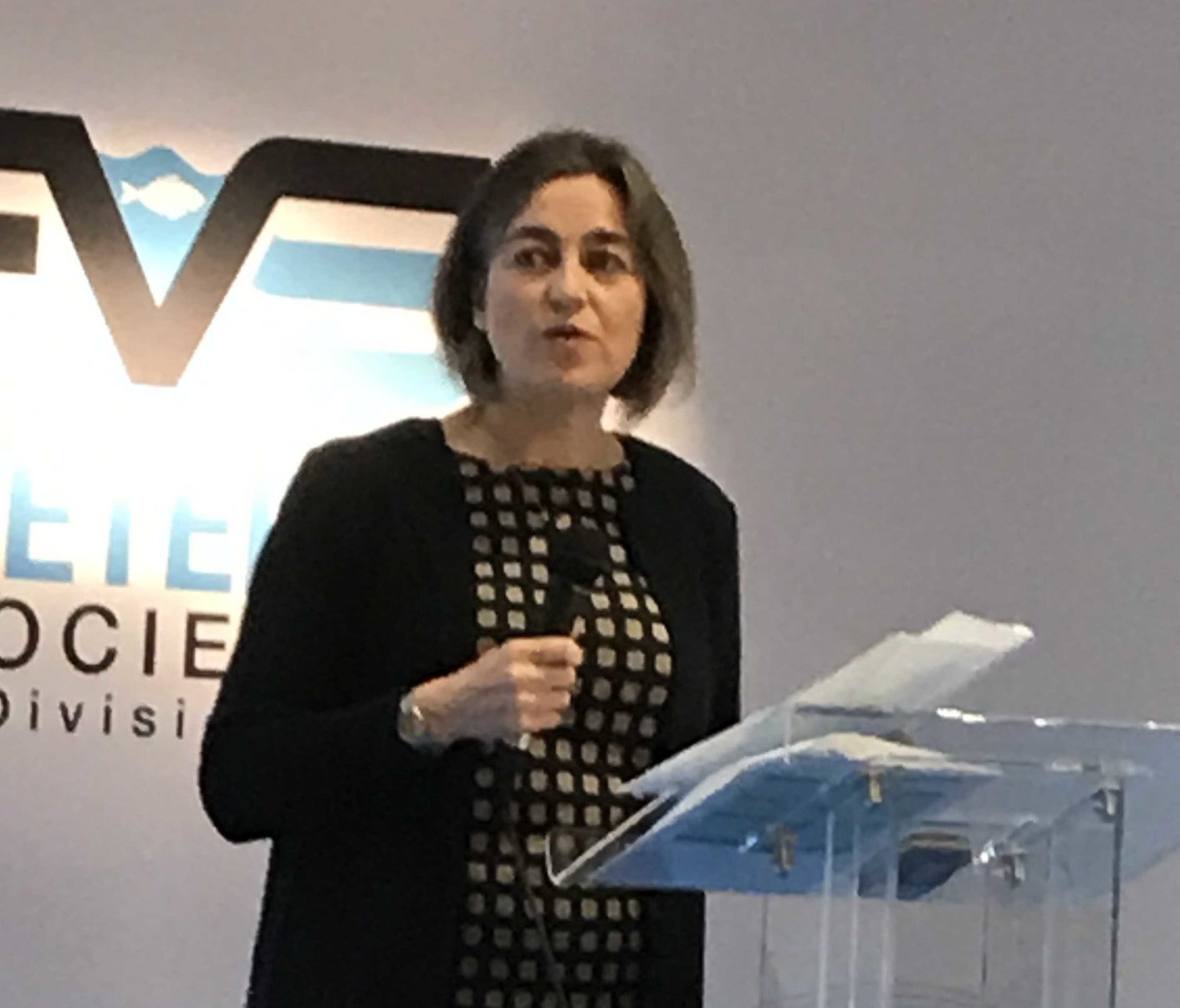Brexit deal may place ‘huge burden’ on salmon sector

BORIS Johnson’s non-alignment Brexit deal is likely to place huge unnecessary burdens on the salmon sector, the Scottish Salmon Producers’ Organisation (SSPO) has claimed.
Under government plans to pursue a loose arrangement with the EU, it is feared salmon exports will need Export Health Certificates (EHCs) after the end of this year, when the transition phase is over.
Up until now, the certificates have not been required because of free movement of goods within the EU, but government officials apparently think it inevitable this will change from next year.
If EHCs are introduced, the cost for Scottish farmed salmon, which is the UK’s biggest food export, will be between £1.3 million and £8.7 million per year, depending on the amount charged by councils for each EHC and the number of EHCs required per lorry load.
It would also involve the processing and signing of an extra 50,000 to 100,000 EHCs every year, each one of which has to be signed by either an environmental health officer or a vet.
This will need extra staff at the main haulage distribution hub, the DFDS base at Larkhall in South Lanarkshire, and delays and hold ups in the dispatch of salmon to the continent.
It is estimated that about 300 orders of Scottish salmon are sent to Europe each day from DFDS, in about 35 lorry loads.
The annual £8.7 million figure is based on 300 orders per day, each one needing an EHC at a cost of £80 per certificate.
The £1.3 million figure is based on 300 orders a day but with each EHC costing £12 per order – if only one certificate per lorry load is demanded.
The cost of an EHC varies from council to council, from £15 to £92. There have been discussions about standardising this cost but nothing has been agreed yet, said the SSPO.
There is also now the possibility of transport hold-ups and delays getting the salmon to the EU because of the extra certification requirements.
The SSPO is calling on the UK government to stay aligned with the EU on seafood exports after the end of the transition period so no EHCs will be needed.
It is urging ministers to make the transport of seafood to the EU without EHCs a key condition in negotiations over the future trading arrangement between the UK and the EU.
It also wants to accelerate the process, already started by the UK Animal and Plant Health Agency, to digitalise the EHC process, making it swifter and simpler.
And the organisation, which represents all the UK’s salmon farmers, is demanding continued tariff-free access to the EU for Scottish salmon after the end of the transition period.
The export statistics for 2019, due to be published tomorrow, are expected to show big increases in the sales of Scottish salmon around the world, with France the top market for Scottish salmon.
Sales of Scottish salmon to France in 2020 are expected to top £200 million, representing a third of all global sales.
Julie Hesketh-Laird, chief executive of the SSPO, said: ‘We now send more than £190 million worth of salmon to France, a third of our total exports.
‘Once in the main French markets, the salmon can then be dispatched to almost anywhere in the EU.
‘We deal in a perishable product so it is crucial for the thousands of loyal customers we have in the EU that we get our fresh fish to key markets as quickly and smoothly as possible.
‘The addition of an Export Health Certificate for every order of salmon to the EU would place huge unnecessary financial and bureaucratic burdens on our sector – potentially undermining one of the UK’s biggest modern export success stories.
‘About 300 salmon orders are dispatched to the EU every day by road and through the Channel Tunnel.
‘If each one – or even each lorry load – had to have an extra certificate, signed by a vet or an environmental health officer, it would not only add delays and cost to Scottish salmon exports, it would give our international competitors an advantage they would be unlikely to pass up.
‘We are appealing to the UK government to make this a priority in negotiations with the EU.’
The imposition of EHCs will not be confirmed definitively until later in the year, but officials have told the SSPO to prepare for EHCs with the EU.

